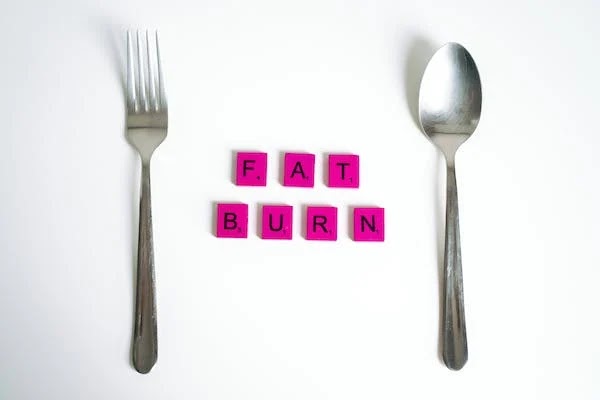Chances are you weigh more than you completed a long time back. The majority of us do. Also, has your waistline developed, yet your ideal weight has expanded, as well. In a new Gallup survey, 60% portrayed their weight as pretty much right. That is just about similar level of Americans who are overweight or stout.
What's reality with regards to your "happy weight" and your healthy weight? Is it true or not that they are nearer than you naturally suspect? Or on the other hand further separated than at any other time?
Is Being Overweight Unhealthy ?
The possibility that being overweight isn't unfortunate got a super charge in 2013. That is the point at which a concentrate in The Journal of the American Medical Association announced that individuals who were as much as 30 pounds overweight were less inclined to pass on ahead of schedule than individuals at an ordinary weight.
However, a nearby examination uncovered significant imperfections in the review's techniques. Ends up, our cheerful weight isn't all that solid all things considered.
Additionally, many years of exploration show that heftiness prompts numerous genuine medical conditions. These additional pounds make you bound to get a wide scope of infections, from diabetes and hypertension to dementia and a few sorts of malignant growth. Going up only a solitary skirt size over any ten years between your mid 20s and mid 50s, for instance, makes you a third bound to have bosom disease after menopause.
More Reads : How To Determine If A DIET Is For You? | Weight Loss Tips
The medical issues attached to heftiness, particularly constant sicknesses like diabetes, can have a drawn out sway.
"These are infections you need to oversee for a couple of months, yet for a lifetime," says dietitian Rachel Brandeis. "They sway your wellbeing, your wallet, and your everyday exercises. You invest more energy at the specialist's office and more cash taking drugs. You're continuously attempting to deal with your illness and feel improved." What's in question, she says, is your personal satisfaction.[Weight Loss Tips]
In any case, a significant number of us struggle with confronting our weight. Brandeis says a great many people are "stunned" when they step on the scales.
3 Game-Changers
1. Know your BMI and midsection size.
Your weight list (BMI) depends on your level and weight. It's a decent instrument to assist with estimating muscle versus fat - and measure your possibilities of sickness. Be that as it may, it isn't secure. Assuming you're solid, the BMI can exaggerate your muscle to fat ratio. Assuming you're more seasoned and have less bulk, it can downplay your muscle to fat ratio. BMI is only an estimate at the connection between your weight and wellbeing, says Sally Stieghan, an enrolled medical caretaker and dietitian from Atlanta.
Your midriff size can give a superior image of your wellbeing - particularly assuming you're strong. Essentially take a measuring tape and put it around your midriff, right over your stomach button. In the event that your abdomen size is north of 35 inches (for a lady) or 40 inches (for a man), now is the right time to make some move.
2. Disregard your optimal weight.
A few specialists could do without to discuss ideal weight. That is on the grounds that it can frequently appear to be too difficult to even think about coming to. The truth of the matter is, even limited quantities of weight reduction are sound.
Rather than zeroing in on that ideal weight, Brandeis says to point low. A 7% to 10% weight reduction has an enormous effect on your digestion, she says. When you arrive at that objective, the following 10% appears to be a lot simpler.
Little changes are bound to become super durable and, over the long haul, have large effects, Stieghan concurs. [Weight Loss Tips]
3. It's never too late.
As you progress in years, your bulk contracts. Yet, you can help fit bulk and keep your muscle to fat ratio down, even in your 80s, concentrates on show. You'll likewise have better equilibrium and steadiness, which will assist with forestalling broken bones.
More Reads : What is a “healthy weight”?

.jpg)





.webp)
